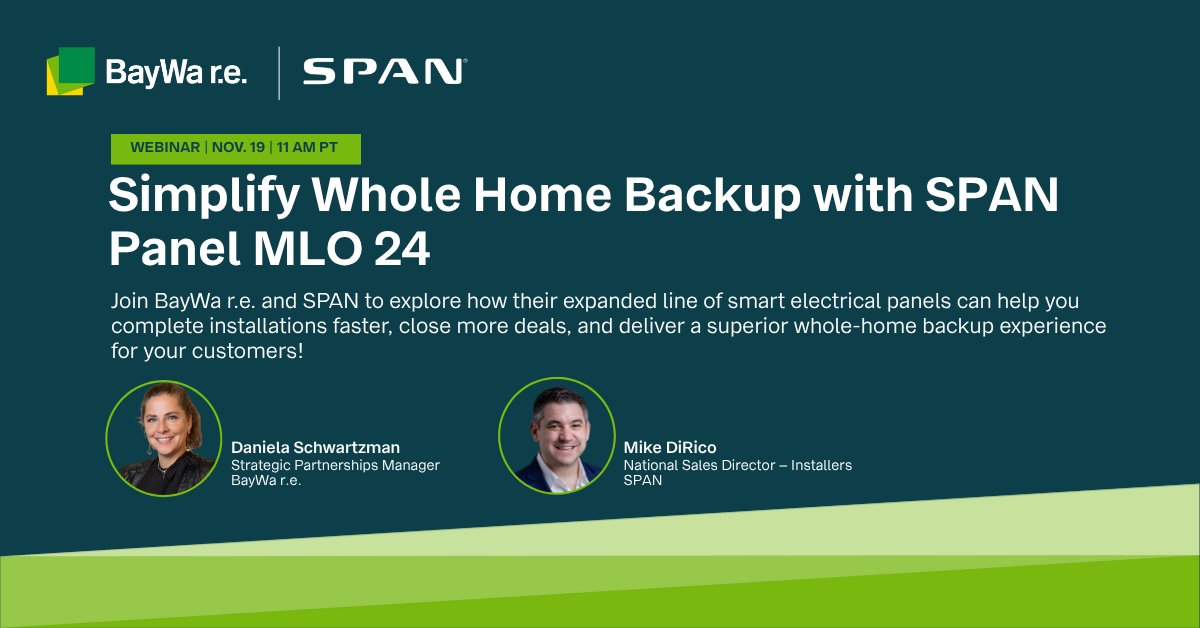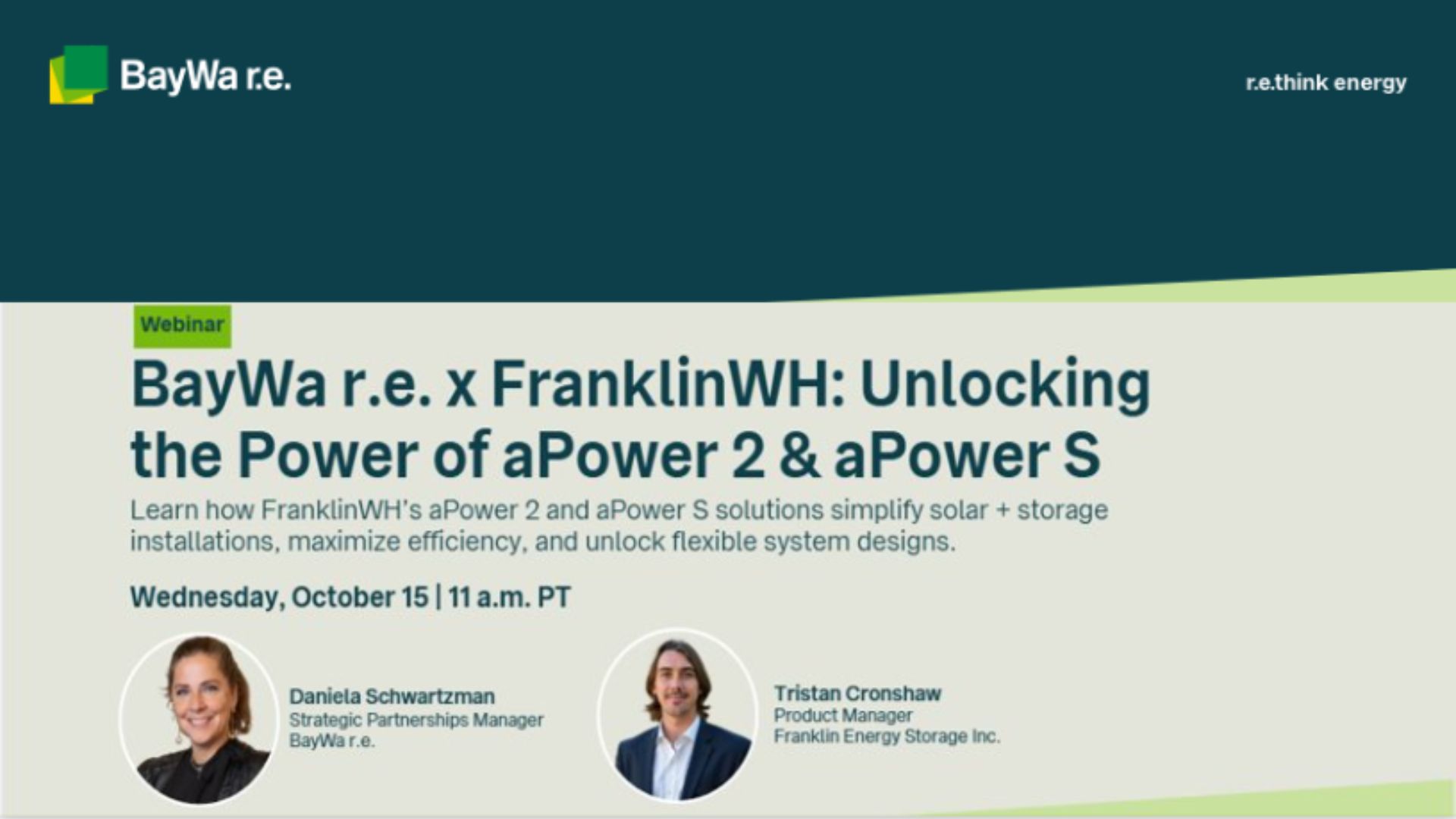
One year ago, we shared our plans for a DEI focus shift at BayWa r.e. Solar Distribution. Here’s how it’s going and what we have learned in the process.
Moral courage, at its core, is the ability to do what’s right in the face of our fears. Often, that means standing up for values, ethics, and beliefs that are meaningful to us – without shaming others for having views that we’re afraid to consider. This can be especially hard in the work of Diversity, Equity, and Inclusion (DEI), where personal identities take center-stage and emotions run high. As a result of those emotions, developing the skills of moral courage is an intentional journey. Indeed, according to the New Hampshire Business Review, it may be helpful to think of courage as “not the absence of fear, but the ability to manage [a process] despite having fear.”
Why did we choose to focus on moral courage?
In 2020, we conducted an internal company survey that revealed some of our employees felt they didn’t have a voice in our organization. We found that we suffered from “viewpoint homogeneity”, a term that refers to an environment where the majority of employees are perceived to share the same political and ideological perspectives and, therefore, silences others with opposing beliefs. But, at BayWa r.e., our company culture seeks the opposite. We want employees to show up as their authentic selves, every day. The survey results prompted us to look at DEI in our organization through a different lens. To do this, we needed external support to help us benefit all members of our company. So, we hired Moral Courage College.
See the results of our survey and learn more about “viewpoint homogeneity” here:
Moral Courage College offers a unique approach to organizational DEI training. Founded by New York Times bestselling author and Oxford University scholar Irshad Manji, the organization’s trainings and services equip people with tools to embrace tension and “engage constructively about contentious issues”. As Prof. Manji states, “This program doesn’t tell anybody what to think or believe…It teaches everybody to lower their emotional defenses so that contentious issues can be turned into constructive conversations and healthy teamwork.”
This approach to DEI aligns with the BayWa r.e. belief that employees should be able to bring their “whole selves” to work. It provided us with the tools to develop trust and empathy while establishing a common ground – all important to build a diverse culture of thought in our company.
So, in April of 2022, we invited employees across our Canadian and US solar distribution entities to join us in a live communication workshop facilitated by Prof. Manji and behavioral scientist Allison Gerrard from Moral Courage College. During the half day program, employees were introduced to the moral courage philosophy. Team members were asked to explore a range of topics related to fostering viewpoint diversity through constructive disagreements and we were all confronted with the complexity and difficulty of engaging in this new, learned space.
After the workshop, we asked our employees if they wanted to continue the Moral Courage collaboration – they eagerly wanted to learn more. That’s where the BayWa r.e. pilot program came in.
“This program doesn’t tell anybody what to think or believe…It teaches everybody to lower their emotional defenses so that contentious issues can be turned into constructive conversations and healthy teamwork.”
Our pilot project: How BayWa r.e. is promoting moral courage
As we often do at BayWa r.e., we used a pilot program to test our assumptions and learn how to optimize the addition of the moral courage framework to our organization. Specifically, the purpose of this pilot was to decide if the moral courage structure matches our employees’ needs and would provide us with the tools to embrace tension while fostering a culture of authenticity. Our goal was to disrupt the “viewpoint homogeneity” among our teams and to encourage diversity of thought.
We started the “Moral Courage Pilot” in July of 2022. Two small groups of employees came together to explore the best way to learn the new framework. The first group went through the Diversity Without Division online course offered through the Moral Courage College platform; the second group used a book club format to read Prof. Manji’s bestselling book Don’t Label Me: How to Do Diversity Without Inflaming the Culture Wars. Both groups meet biweekly to discuss the material and explore questions related to the content.
So, what have we learned so far?
So far, we have gathered feedback from our participants that is both favorable and critical of the pilot and has provided great insight into the complexities of building a truly inclusive culture in any organization.
Overwhelmingly, all pilot participants expressed that they enjoyed the different perspectives shared through the moral courage lessons, and especially valued the honesty and vulnerability that team members brought to the meetings. At the same time, participants needed more guidance to apply the skills of moral courage directly to the workplace. Specifically, they wanted more support and tools to navigate tension in everyday work issues, not just when it comes to issues of politics or diversity.
We reported our feedback to Prof. Manji. A month later, she told us that she and her team are using our input to make their services, including their online course, more overtly applicable to daily situations at work. They emphasized the value of partnership, so that providers learn from clients and not just the other way around. By listening to suggestions for improvement and not becoming defensive about them, Moral Courage College lived up to its name. We, in turn, are encouraged.
Overall, the BayWa teams gained an immense amount of confidence to embrace tension, hear and honor others’ opinions, and hold constructive conversations. We all learned a lot from the moral courage pilot program. At BayWa r.e., we focus on being a learning organization, so for projects like this we highly value growth and action as the outcome of new knowledge.
Where do we go from here?
We know that an authentic way to foster diversity of viewpoints is important if inclusion is going to live up to its name. So, a couple of us are now considering the ultimate step: training to become certified Moral Courage Mentors for our workplace. Becoming mentors would allow us to do two things at once: first, teach the skills of Moral Courage to coworkers year-round and, second, adapt the practice of moral courage to BayWa r.e.’s evolving needs and priorities.
Prof. Manji considers this step a win-win: the company wins by cultivating in-house talent and employees win by having some of their own employees as mentors. It is exciting to explore a combination of professional development and personal growth!
We hope this article sparks your interest in alternative DEI approaches and how to test them in order to nurture environments where everyone belongs.
Written by:

Read More About Moral Courage:
Embracing Courage in the workplace by Doug Teschner of the New Hampshire Business Review
Culture Chronicle: Is Our Organization Viewpoint Inclusive? by Ira-Sofia Giovanetti, Organizational Development Specialist at BayWa r.e. Solar Systems
Want Innovation As Much As Inclusion? Then Practice Viewpoint Diversity, by Irshad Manji of Moral Courage College




